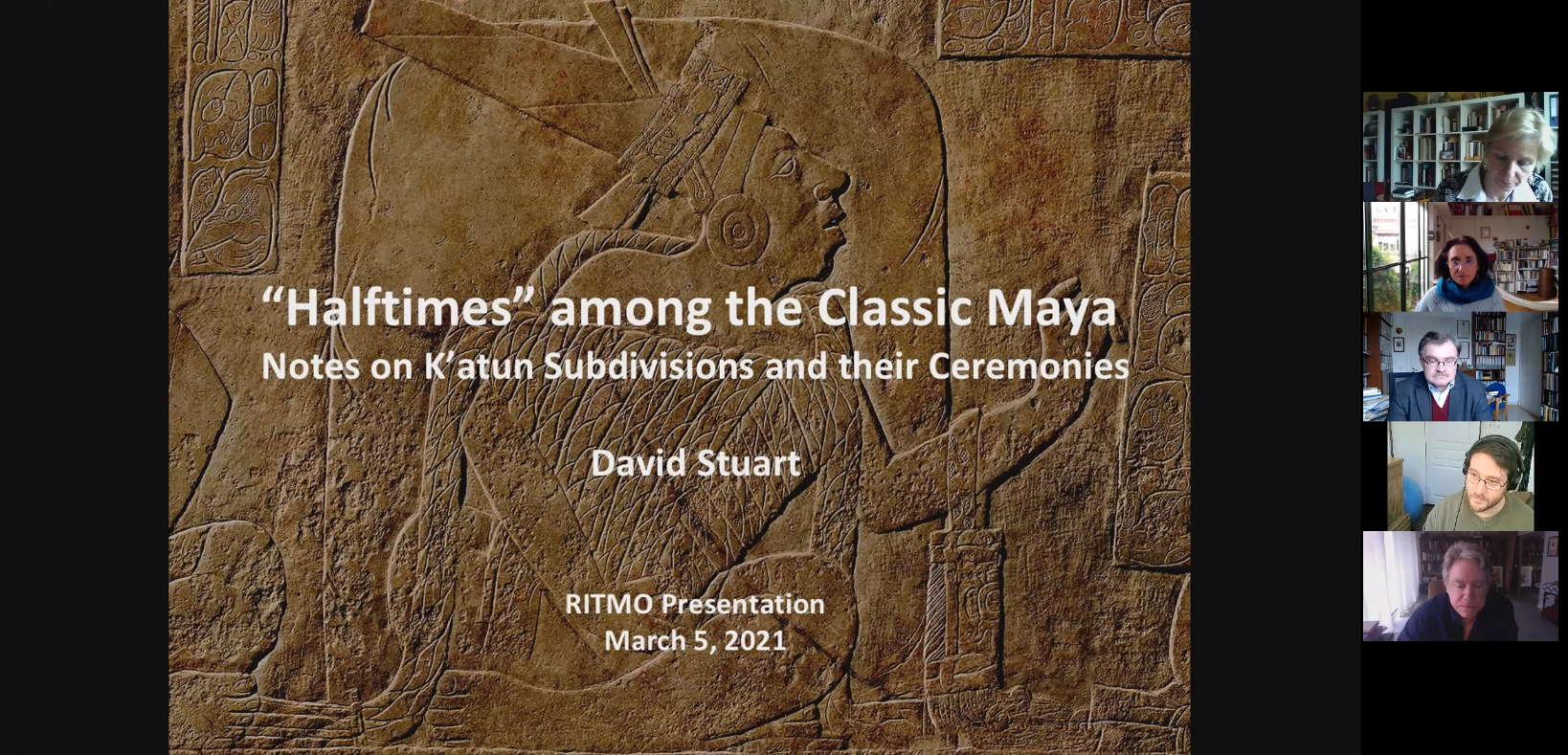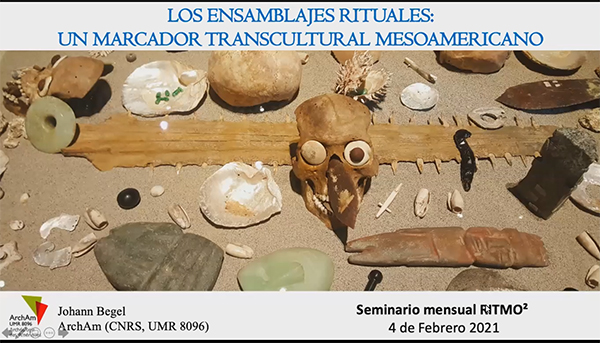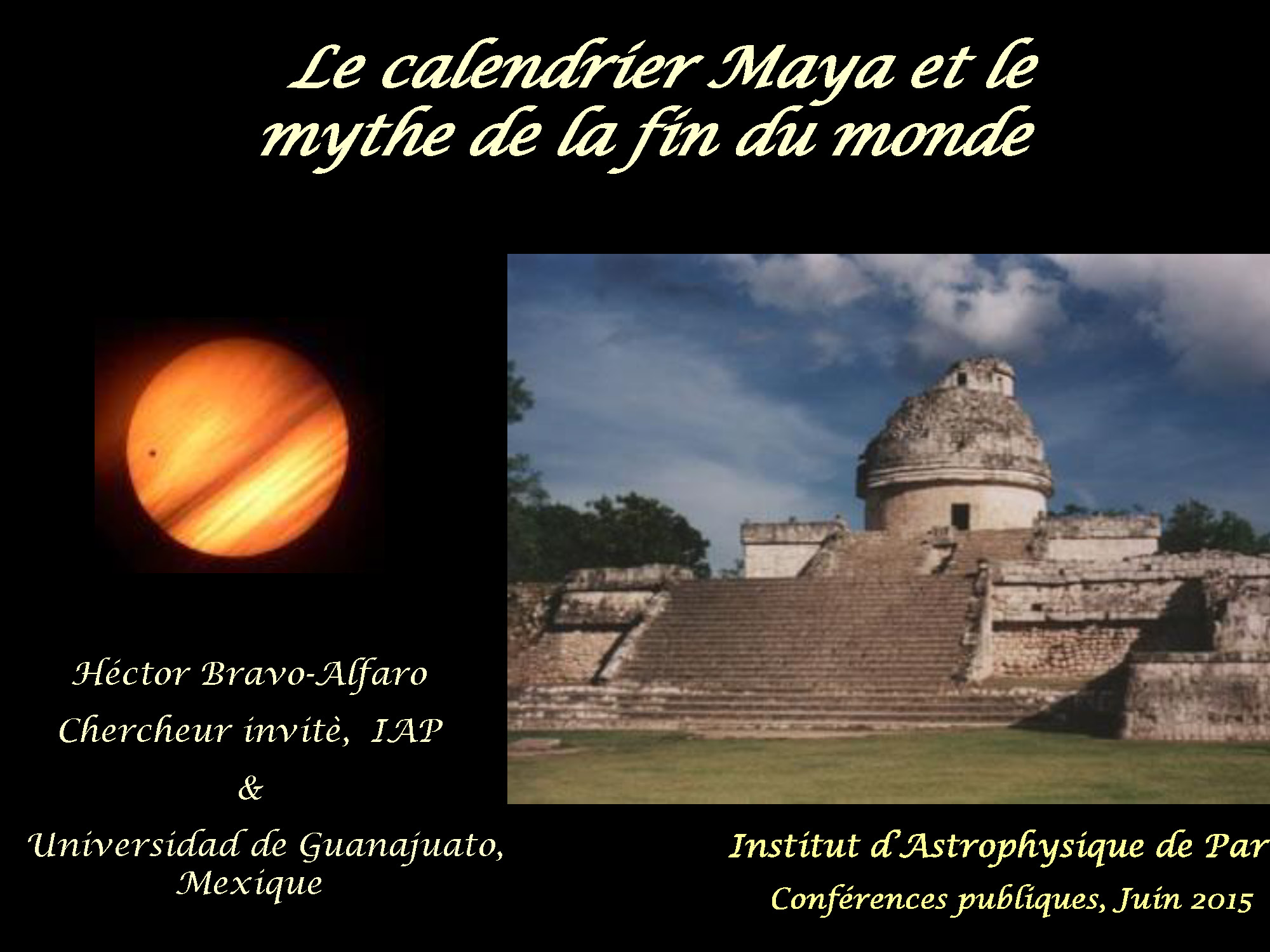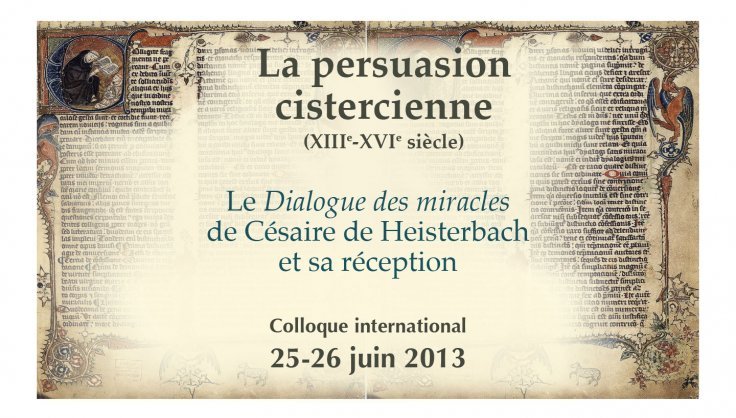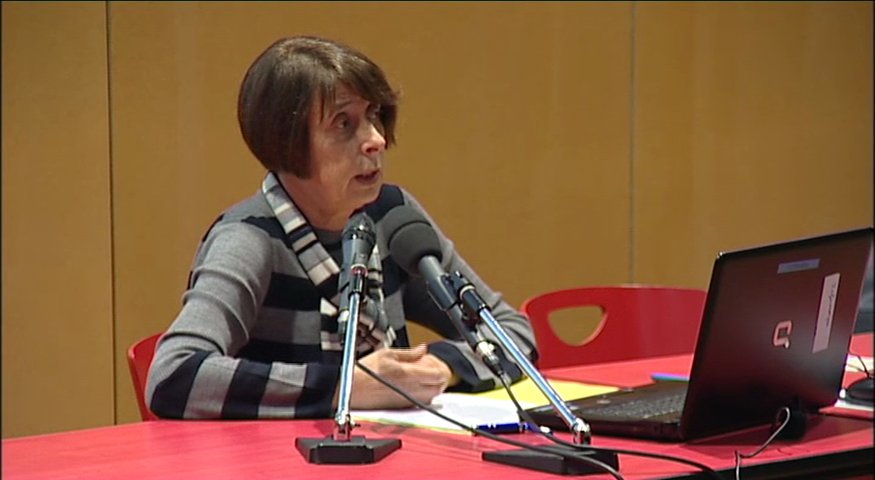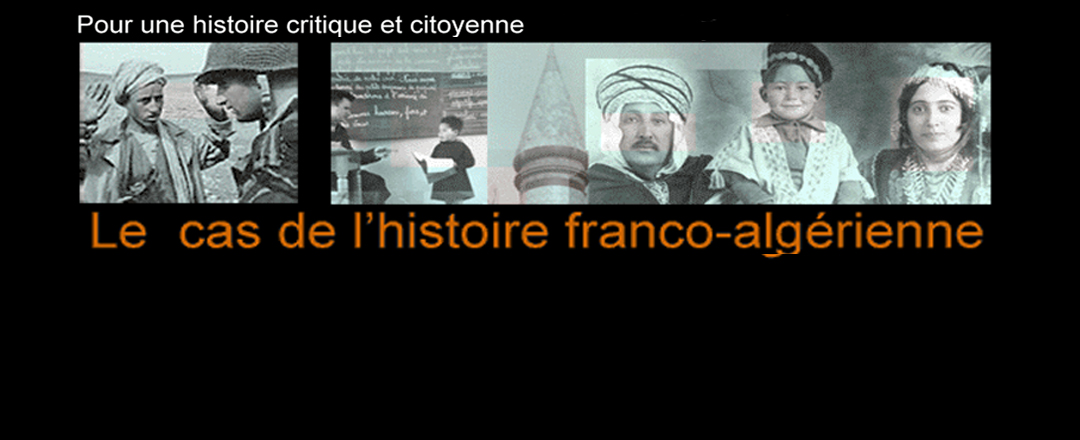Notice
Séminaire EREA - RITMO : "Maya lords in Israel: Biblical temporality in postclassic Maya migration stories" par Sergio Romero (University of Texas at Austin)
- document 1 document 2 document 3
- niveau 1 niveau 2 niveau 3
Descriptif
In this presentation I consider Old Testament narratives in the first títulos written in K’iche’ in the mid-sixteenth century and in the earliest K’iche’ homiletic production. Responding to the need to legitimize their rule and hereditary privileges, on the one hand, and to cast themselves as Christian subjects of the Spanish king, on the other, K’iche’ noble scribes presented their ancestors as members of one of the ancient tribes of Israel. They reinterpreted Old Testament narratives as variations of migration stories, the emblematic postclassic Maya official lineage history. I examine the articulation of Maya and Christian temporalities in these texts, the fraught dialogue between Maya lords and Dominicans, and the solutions Maya nobles developed to make Christian time scales and cycles compatible with Maya conceptions of time and elite political agendas.
L'intervention en espagnol. Discutant Mario Humberto Ruz (Centro de Estudios Mayas, UNAM, Mexique)
Sur le même thème
-
Écouter l’écho d’une forêt exploitée / Carnet de passages S02E04
Becerril AcevesJosemaríaPitzalisJuliaPeyrautLolaMontécotRobinPayssanAlexiJosemaría Becerril Aceves nous relate, au cœur des bois du Yucatán au sud du Mexique, son expérience auprès d’un village maya sylvicole. Entre rapport à la nature complexe et dialogue délicat, se
-
Seminario RITMO – David Stuart (University of Texas at Austin) : ‘Half Time’ among the Classic Maya…
My presentation will take a new look at terminology used by Classic Maya scribes to describe major subdivisions of time, especially within the k’atun. Some of these terms and phrases were first
-
Séminaire GERM – Marie Ramelet : « Emballer, empaqueter, envelopper chez les Mayas »
Emballer, empaqueter, envelopper chez les Mayas de la période classique (250 – 900 apr. J.-C.) : une incursion iconographique. Pour les Mayas de la période classique (250 – 900 apr. J.-C.), un
-
Seminario RITMO – Johann Begel (ArchAm/CNRS) : Los ensamblajes Rituales: un Marcador Transcultural …
Los depósitos rituales son uno de los descubrimientos más frecuentes en las excavaciones arqueológicas mesoamericanas. En el marco del proyecto Tikal, ya en el decenio de 1970, William Coe
-
Les langues anciennes, ont-elles quelque chose à nous dire ?
Considérées comme mystérieuses ou parfois ennuyeuses dans un cadre scolaire, les langues anciennes continuent à faire parler d'elles et participent même encore à la recherche de notre temps.
-
LE CALENDRIER MAYA ET LE MYTHE DE LA FIN DU MONDE
Bravo-AlfaroHectorCette conférence est proposée comme un voyage dans le monde ancien des Mayas, en visitant principalement leur façon - très intéressante - d'approcher le concept du temps. Le temps et les
-
Pourquoi étudier des langues rares ?
Pourquoi les linguistes décrivent des langues rares ou peu parlées ? Loin des idées reçues, deux chercheurs expliquent dans ce 2ème épisode que ces langues rares ont beaucoup plus de chose à nous
-
La persuasion cistercienne (XIIIe-XVIe siècle) : 6. Césaire de Heisterbach et le faire croire aux T…
DehouveDanièleSmirnovaVictoriaMercredi 26 juin Institut National d’Histoire de l’Art (salle Walter Benjamin) Un modèle exportable hors des cloîtres ? 4. La captation de l’héritage cistercien dans la prédication
-
Les calendriers mésoaméricains
DehouveDanièleLa Mésoamérique, aire culturelle qui comprend la partie méridionale du Mexique et plusieurs pays d’Amérique centrale, a été le siège de la découverte de calendriers sophistiqués, indépendamment de
-
22 - Quand les missionnaires rencontrent l'islam berbère
(1873-1930) : cécité coloniale et malentendus dans l’Algérie de la fin du XIXe siècle par Karima Direche-Slimani (Maison méditerranéenne des Sciences de l’homme)Religions et statuts personnels:


